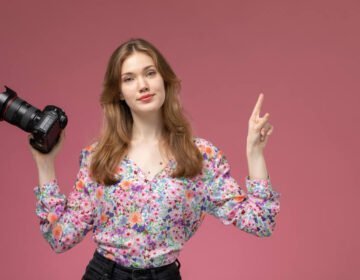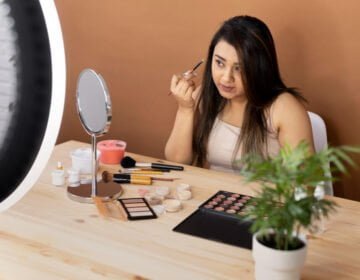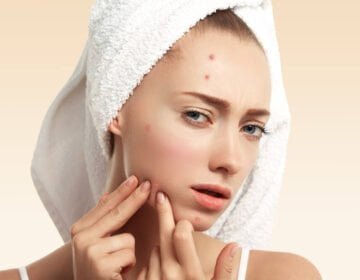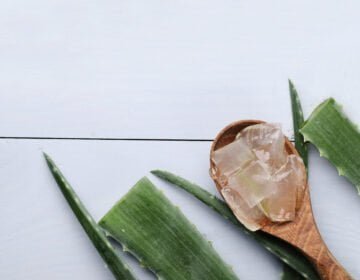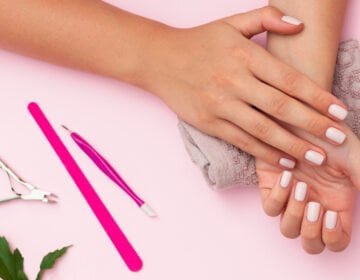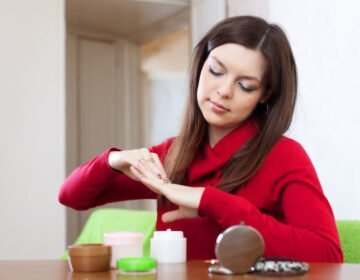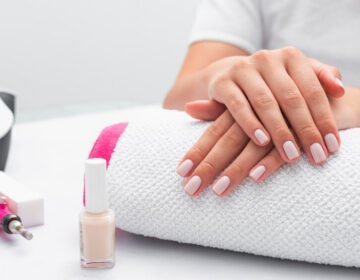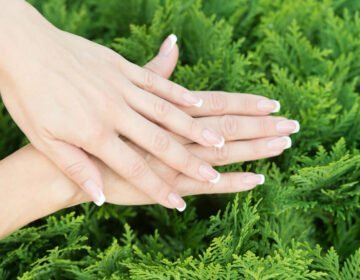
The Ultimate Guide to Nail Care: Dos and Don’ts
Nail care is an essential part of our grooming routine but it is often overlooked. Our nails not only provide protection to the fingertips but can also be a reflection of our overall health and personal style. Neglecting nail care can lead to issues such as brittle nails and unsightly cuticles. To ensure optimal nail health and appearance, it’s crucial to follow a set of dos and don’ts when it comes to nail care. In this comprehensive guide, we will explore the ultimate dos and don’ts for nail care, providing you with the knowledge and practices to maintain healthy, strong, and beautiful nails. By following these guidelines, you can elevate your nail care routine and enjoy the benefits of well-groomed nails. Let’s dive in and discover the key dos and don’ts for ultimate nail care.
Dos for Nail Care:
Regular Maintenance:
Keep nails clean and dry: Regularly wash your hands and ensure your nails are free from dirt and debris. Dry them thoroughly to prevent moisture-related issues.
Trim nails regularly and maintain an appropriate length: Use a sharp nail clipper or scissors to trim your nails straight across. File them gently to smooth any rough edges.
Use a soft nail file to shape the nails gently: File your nails in one direction to prevent splitting and weakening.
Moisturize nails and cuticles to prevent dryness: Apply a nourishing cuticle oil or cream to keep the nails and surrounding skin hydrated and prevent dryness.
Hygiene Practices:
Wash hands before and after handling nails: Prior to any nail care routine, wash your hands with soap and warm water to remove bacteria and dirt. Repeat this step after you’re done.
Use clean and sanitized tools for manicures and pedicures: Disinfect your nail tools regularly to prevent the spread of bacteria and infections.
Apply a base coat before nail polish: Using a base coat helps protect your nails from staining and strengthens them against the effects of nail polish.
Follow proper techniques for nail painting: Apply thin coats of nail polish, allowing each layer to dry before applying the next. This prevents smudging and promotes longer-lasting manicures.
Nail Health:
Protect nails from excessive exposure to water and harsh chemicals: Wear gloves while washing dishes, cleaning, or engaging in activities that involve prolonged water or chemical exposure.
Wear gloves while doing household chores or working with chemicals: Gloves act as a barrier and protect your nails from damage caused by harsh cleaning agents and chemicals.
Maintain a balanced diet rich in nutrients that promote nail health: Incorporate foods rich in biotin, vitamins A, C, and E, zinc, and iron to support healthy nail growth and strength.
Stay hydrated to prevent dry and brittle nails: Drinking an adequate amount of water helps keep your nails hydrated and prevents them from becoming brittle and prone to breakage.
Nail Care Products:
Choose high-quality nail care products: Opt for non-toxic nail polishes and removers that are gentle on your nails and cuticles.
Apply cuticle oil or cream regularly: Nourish and moisturize your cuticles with a dedicated cuticle oil or cream to promote healthy nail growth and prevent dryness.
Use a strengthening or nourishing nail treatment: Incorporate a nail treatment into your routine to strengthen weak nails, promote growth, and restore moisture to brittle nails.
By following these dos for nail care, you can establish a strong foundation for maintaining healthy and beautiful nails. Remember, consistency is key in achieving long-term results.
Don’ts for Nail Care:
Avoiding Damaging Habits:
Don’t bite or pick at your nails: Nail biting and picking can lead to damage, infections, and uneven nail surfaces. Break this habit to maintain the integrity of your nails.
Avoid using your nails as tools: Refrain from using your nails to open packages, scratch surfaces, or perform tasks that can cause them to chip, break, or become weakened.
Don’t over-file or aggressively buff your nails: Excessive filing and buffing can thin out your nails and make them prone to breakage. Use a gentle touch and avoid overdoing it.
Nail Salon Precautions:
Don’t share nail tools or equipment at salons: Sharing tools can increase the risk of infections, including fungal and bacterial ones. Ensure that the salon you visit maintains proper hygiene practices.
Avoid excessive or prolonged exposure to UV lamps during gel manicures: Prolonged exposure to UV lamps used in gel manicures can potentially harm the skin and increase the risk of skin damage. Use sunscreen or protective gloves.
Don’t ignore any signs of unsanitary practices at nail salons: If you notice unclean tools, unsanitary conditions, or improper sterilization practices at a nail salon, it’s best to find a more reputable and hygienic establishment.
Avoiding Harsh Products:
Don’t use acetone-based nail polish removers frequently: Acetone can dry out your nails, making them brittle and prone to breakage. Opt for acetone-free removers or limit the use of acetone-based removers to occasional use.
Avoid using nail products containing harmful chemicals: Check the ingredient labels and steer clear of nail polishes, treatments, or removers that contain formaldehyde, toluene, or other harsh chemicals that can damage your nails.
Don’t use metal tools to scrape or clean under the nails: Metal tools can cause damage to the nail bed and increase the risk of infections. Instead, use a soft nail brush to clean under your nails.
By avoiding these don’ts for nail care, you can prevent damage, infections, and maintain the health and strength of your nails. Remember, practicing good habits and avoiding harmful practices contribute to long-term nail care success.
Conclusion:
Incorporating proper nail care practices into your routine is vital for achieving healthy, strong, and beautiful nails. By following the dos and avoiding the don’ts outlined in this ultimate guide to nail care, you can ensure that your nails remain in optimal condition.
Regular maintenance, including keeping your nails clean and dry, trimming them to an appropriate length, and moisturizing your nails and cuticles, forms the foundation of good nail care. Practicing proper hygiene, such as washing your hands before and after handling your nails and using clean tools, minimizes the risk of infections and promotes overall nail health.
On the other hand, avoiding damaging habits like nail biting, using your nails as tools, and over-filing or aggressively buffing them prevents unnecessary damage and promotes nail strength. Being cautious at nail salons, such as avoiding tool sharing, limiting UV lamp exposure during gel manicures, and ensuring proper sanitation practices, reduces the risk of infections and protects your overall nail health. Moreover, avoiding harsh products like acetone-based removers and chemicals that can harm your nails, as well as refraining from using metal tools to clean under your nails, helps maintain their integrity.
By following these guidelines, you can achieve long-lasting results and enjoy the benefits of well-groomed and healthy nails. Remember, consistency and patience are key when it comes to nail care. Incorporate these dos and don’ts into your daily routine, and you’ll be rewarded with nails that are not only beautiful but also a reflection of your overall well-being.








